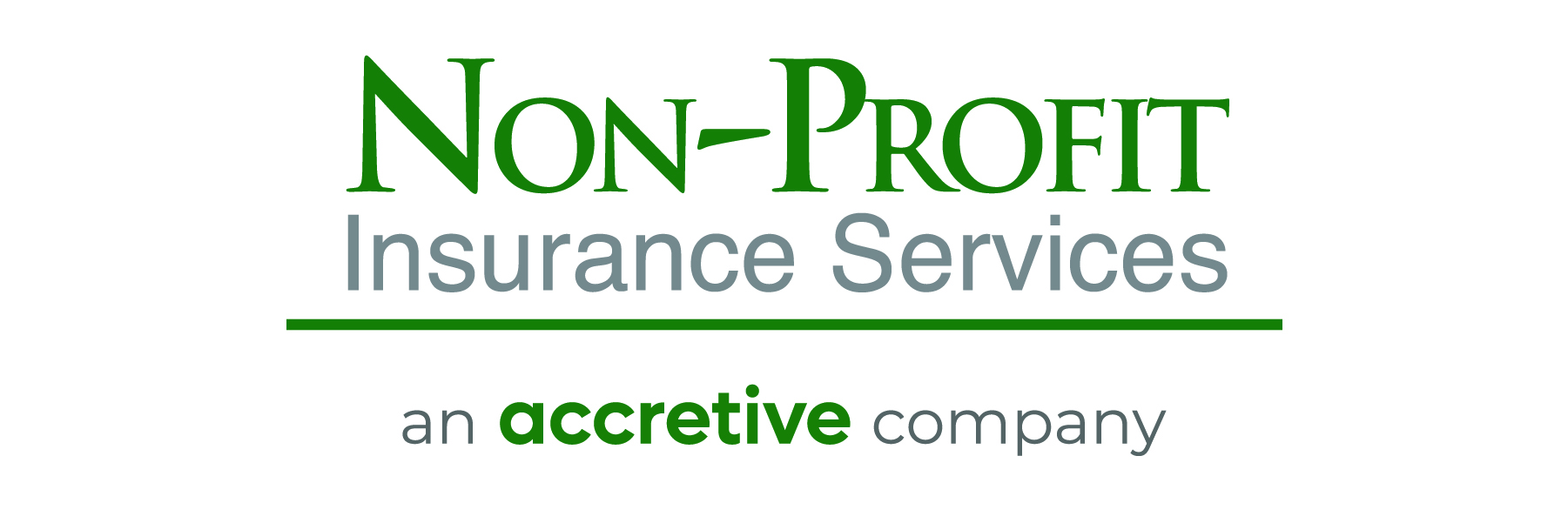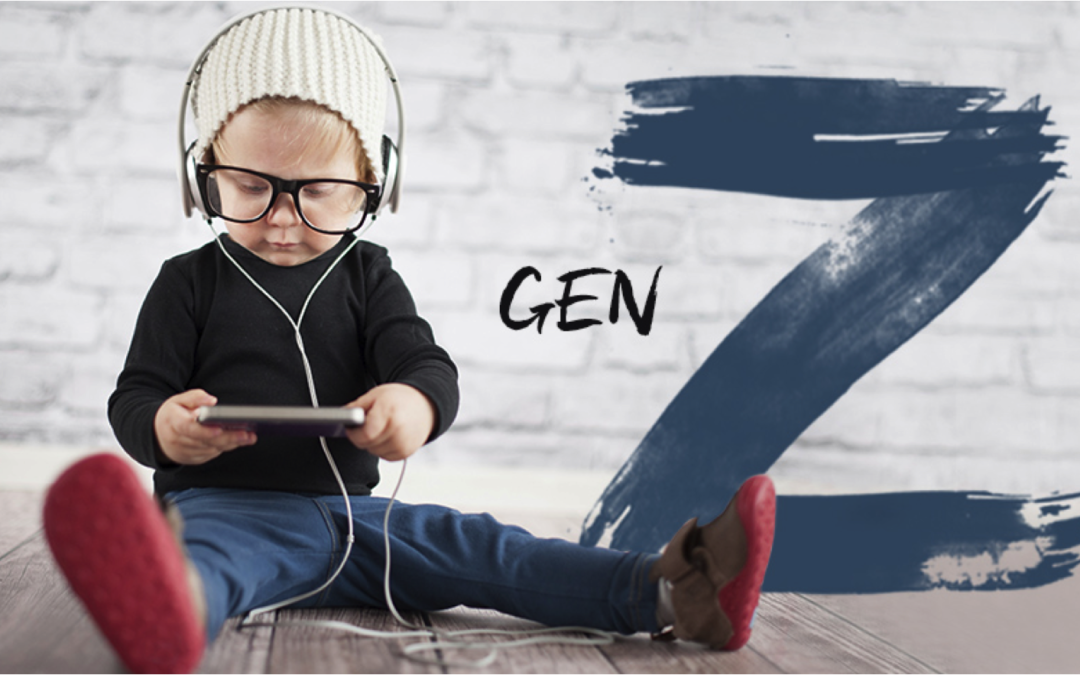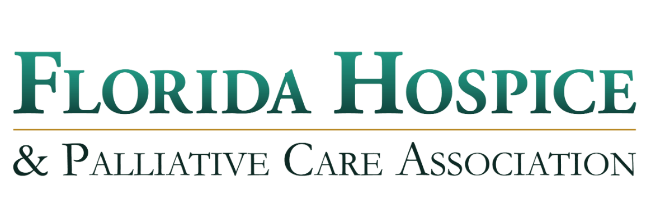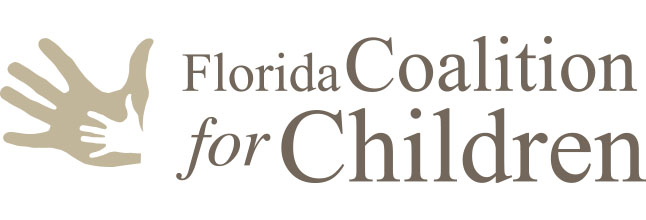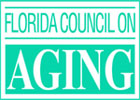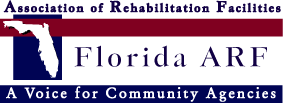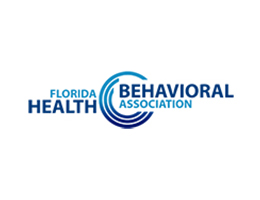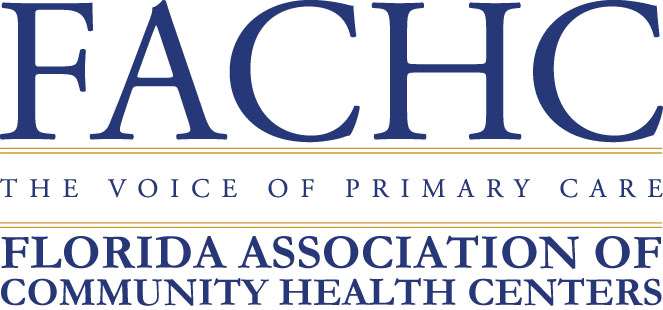As the largest generation in the U.S. workforce, millennials are a trendy topic to write about. Nonprofit and for-profit professionals alike want to understand how consumers and employees in this age range operate. Whether they’re praised for being “tech-savvy” or criticized for being lazy, millennials are all over the news. In their shadow, however, lies Generation Z, which is preparing to make a name for itself.
WHAT EXACTLY DO WE KNOW ABOUT GENERATION Z?
Not much, to be honest. Its members were born after 1996 and make up an estimated 27 percent of the population. They’re sometimes called “iGen,” a term that denotes the digital and cloud natives that make up this generation. Most of Gen Z doesn’t remember a time before social media.
As someone who was born in 1995, I straddle the line between millennials and Gen Z. My three older siblings are considered millennials, but all of my friends are members of Generation Z. Where does that put me? Fortunately, that’s not something I need to worry about right now. These generational characteristics provide much more important insights to economists, marketers, and hiring professionals. Nonetheless, I’m grateful that my spot between these two generations will let me see Gen Z’s impact on the nonprofit sector as it follows in millennials’ footsteps.
GEN Z AS GIVERS
Whereas the oldest members of Generation Z will soon graduate from college, the youngest are just entering kindergarten. Given that more than half of this generation is too young to have a job, it’s not surprising that it doesn’t compose a larger portion of givers. Gen Z, however, prioritizes making a difference through giving. Thirty percent have already donated to an organization, and 26 percent have raised money for a cause.
Because most members of Gen Z don’t remember a time before social media, they tend to live more of their lives online and on their phones. This means most of their interactions with nonprofits occur on these platforms as well. According to the 2017 Global Trends in Giving Report, two-thirds of Gen Z were inspired to donate to charity by a message or image they saw on social media.
GEN Z AS FOUNDERS
Every time I see a news story about a 10-year-old who started a charity, I’m torn about whether I should feel impressed and inspired or inadequate because all I was doing at age 10 was playing video games. But such accomplishments are characteristic of Generation Z. One in 10 members of Gen Z wants to start a charity. In fact, MTV recently named Gen Z the “Founders.” More than half of high schoolers want to be entrepreneurs rather than employees, according to a Millennial Branding study. Making a difference is the primary motivating factor for Generation Z, indicating that its members may be ideally suited for work in the nonprofit sector.
GEN Z AS FORWARD THINKERS
In order to understand what Gen Z might become, we must understand the age in which this generation was raised. Whereas millennials grew up in the economically stable ’90s and saw their peaceful, prosperous world crumble after 9/11 and the Great Recession, Gen Z doesn’t remember what life was like before these defining events. This generation has grown up in a turbulent time in which most people didn’t have a safety net. For that reason, Gen Zers are already thinking of job or volunteer opportunities that might help them advance their careers and their futures. Over 70 percent of high schoolers are interested in volunteering to gain work experience. Your nonprofit can take advantage of this drive.
Gen Z members want to accomplish more than just establishing their own futures, though. They also want to secure a better future for the world they live in. Some 60 percent of Gen Z wants their work to make a difference. This is another important quality for considering how to approach this generation as potential donors and potential employees.
GEN Z AS MOVERS AND SHAKERS
Generation Z is coming of age during the rise of big issues: climate change, terrorism, and hateful political discourse. These issues, to name a few, will characterize the ideals and values of this generation. Already, they believe climate change is the biggest challenge facing the world in the next decade, with 76 percent worried about the planet. Additionally, even though the majority of this generation isn’t even old enough to vote, nearly half of Gen Z believes voting is important.
Combine these values with an entrepreneurial spirit and a desire to change the world, and Gen Z stands at the perfect spot to flourish in the nonprofit sector. This generation has already seen philanthropy play an unprecedented role in the 2016 election with intense analysis of the candidates’ foundations and a flood of donations to organizations after the election. As Gen Zers work to change the world, the world will change around them. Who knows what role nonprofits will serve as Generation Z continues to grow?
Abbie Wade is a communications coordinator for GuideStar. She is currently a rising senior at The George Washington University, studying Journalism & Mass Communication and Political Science.
Source: GuideStar
Photo: Generational Edge
